Apricots are one of the most liked fruits among humans and, it appears, cats as well. But can we blame them? The delectable fruit is an absolute delight.
However, there might be a lot of concerns and queries when it comes to cats. Can cats eat apricots? Is it safe for them to do so? Is it equally beneficial to them as it is to us?
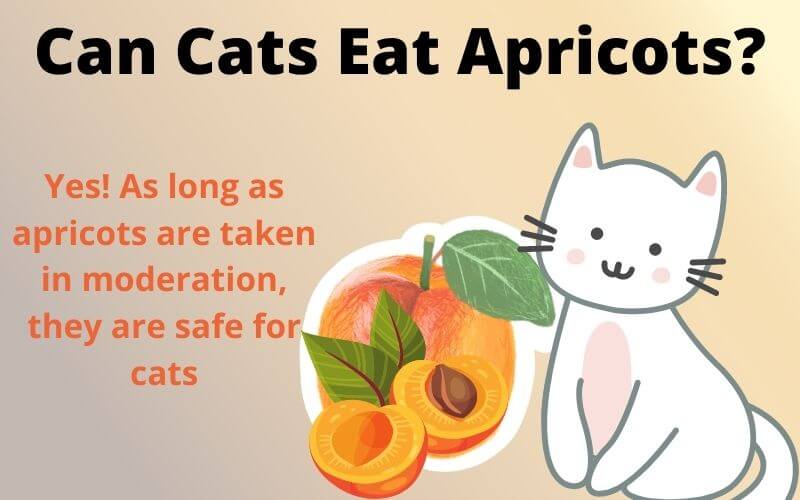
Can Cats Eat Apricots?
To all the worried cat lovers and owners out there, the answer is, yes, cats can eat apricots. They can even be beneficial to them. However, there are a few things to keep an eye out for. One of the critical elements is feeding in moderation.
Is Apricot Safe for Cats?
As long as apricots are taken in moderation, they are safe for cats. They may provide an excellent source of Vitamin A and C and antioxidants, which can help maintain your cat’s general health in good shape.
But it is essential to remember that the goal is to give them a moderate amount. Because apricots are sweet, too much sugar can be harmful to your cat if fed in excess, causing stomach discomfort, bladder stones, and joint difficulties. They have a delicate digestive system that needs particular vigilance.
Moreover, excess sugar can induce urinary tract infections in kittens, making it even riskier for your furry babies. They also lack adult teeth; thus, eating with their baby teeth may cause choking. So apricots may be safe for cats until a certain quantity but should not be given to kittens.
Are Apricots Toxic To Cats?
The flesh of apricot is healthy for cats to eat, but the leaves, stem, and pit are not. The apricot plant’s stems, leaves, and seeds contain cyanide, a poisonous chemical as it prevents the oxygen flow in the blood and may even result in death. Furthermore, the apricot pit contains a toxin that, when consumed, converts to cyanide.
In such a case, you need to act quickly. Eating the toxic portions of the apricot can lead to excessive exhalation, respiratory issues, vomiting, dilated pupils, or breathlessness. If you notice your cat suffering from any of the above, take it to the vet straight away, as it may result from apricot poisoning.
Thus, you must keep an eye out for these components. To avoid any problems, remove the leaves, stem, and pit from apricots before feeding them to your cat. Thoroughly wash the apricot and remove the leaves and stems by slicing them. Before you feed it to them, peel off the apricot’s skin by cutting it into tiny pieces and rinsing it again.
Can Cats Eat Dried Apricots?
Yes, cats can eat dried apricots. It may come off as a surprise, but it is safe and beneficial for your cat. However, you need to ensure that the dried apricots have been pitted. You can even mix dried apricots with other ingredients and give them to your cat.
Although cats may eat both fresh and dried apricots, they prefer fresh apricots since dried apricots are harder to chew and digest and, in certain circumstances, can cause constipation.
Can Cats Eat Apricot Jam?
While cats can eat apricot jam, it is not a good idea. Cats usually do not consume apricot jam because cats lack the enzymes needed to digest the sort of sugar found in it. You can give your cat a tiny amount of apricot jam, but too much can be dangerous.
Overeating apricot jam might cause issues such as feline diabetes. Even a tiny bit of sugar can significantly raise your cat’s blood sugar level. Not only that, but it can also cause dental issues. It could harm their teeth, and they will have difficulty eating anything else.
If given in a small amount, apricot jam can benefit the immune system because of the low calories and high fibers.
Benefits of Apricots For Cats
There are numerous benefits to eating apricots for your cat.
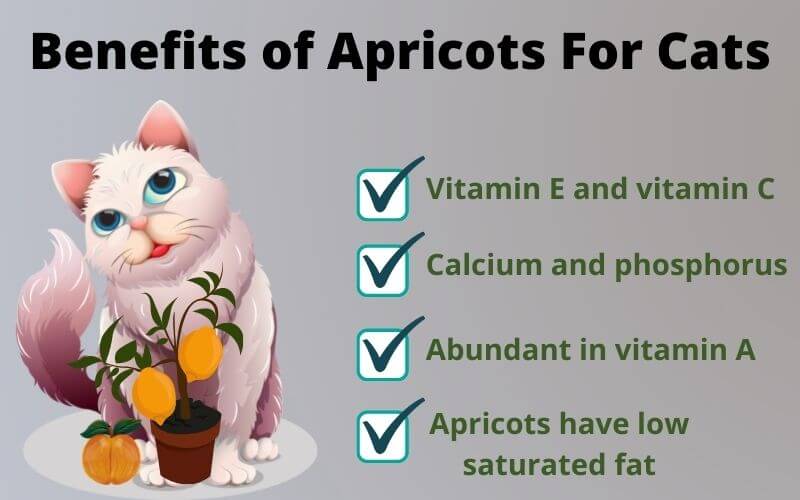
Apricots include antioxidants such as vitamin E and vitamin C, protecting them from free radicals and improving their skin’s appearance. Iron absorption into red blood cells is aided by vitamin C.
Since the fruit contains calcium and phosphorus, it also aids in the natural development of collagen in your cat’s body. This is necessary for the regular operation of cartilage and bones and healthy teeth and gums, and wound healing.
Have a look can cats eat apples
The fruit is also abundant in vitamin A – which has antioxidant properties – beta-carotene and other carotenoids. All of these components can help your cat’s eyesight. It will also strengthen their immune system while maintaining the condition of their skin and coat.
Eating apricot is good for cats’ digestion as the dietary fiber can slow down the digestive process and give nutrients the time to be absorbed. Apricots have low saturated fat. All of this can reduce the risk of obesity and diabetes in cats and promote weight loss.
Frequently Asked Questions
Can cats eat the pits, leaves, and stems of apricots?
No, cats should not consume apricot pits, leaves, or stems. They contain cyanide, a deadly chemical that can cause health issues and, in difficult situations, death. They need to be removed before feeding the apricot to the cat.
Find more here can cats eat avocados
Is apricot oil toxic to cats?
Yes, cats may get poisoned by apricot oil. The seeds are rich in amygdalin, which converts to cyanide over time. As apricot kernel oil can be hazardous to cats if ingested, you should avoid giving it to your cat.
Can cats eat fresh apricots?
Yes, fresh apricots are safe for cats to consume. Cats prefer eating them over dried apricots, as they are easier to chew.
Conclusion
The one thing that this article has emphasized throughout is to feed your cat apricots in a moderate amount. Treating your cats with apricots should not be an issue if you follow this tip. Anything provided in excess quantities is bad for cats, just like humans.


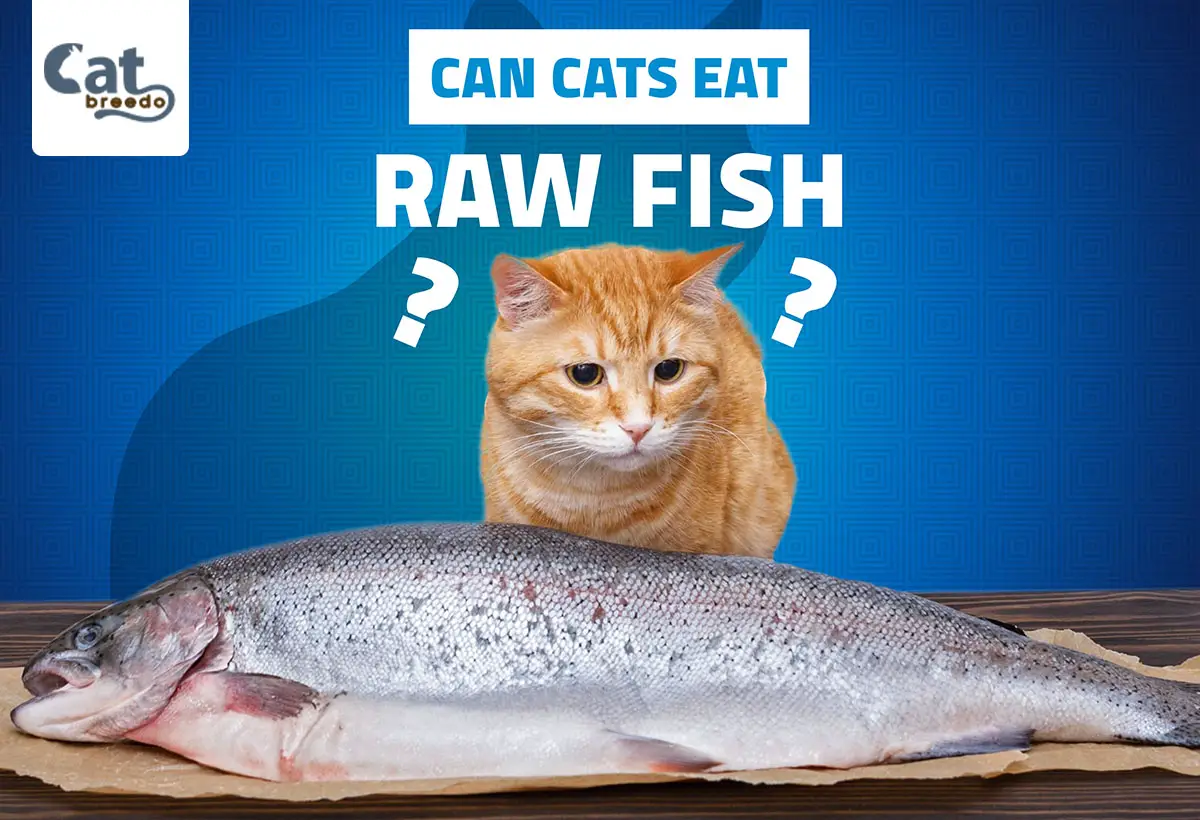
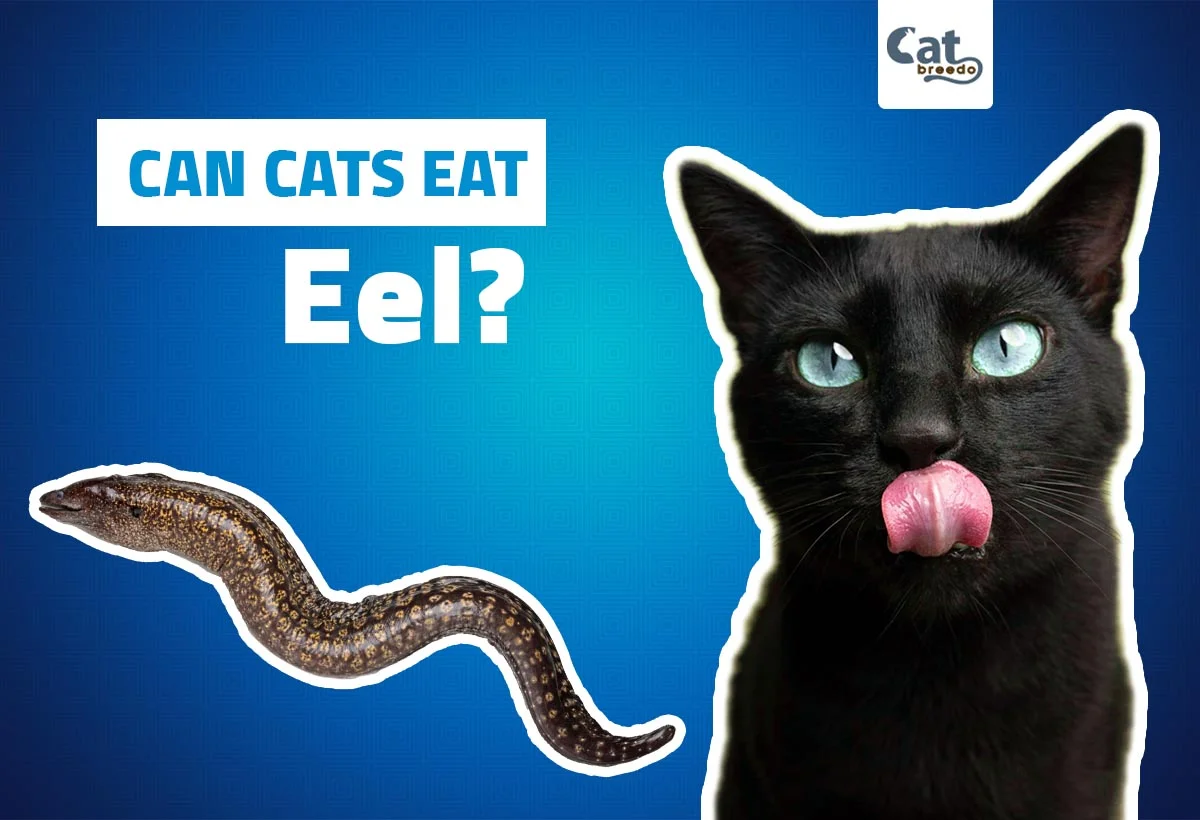
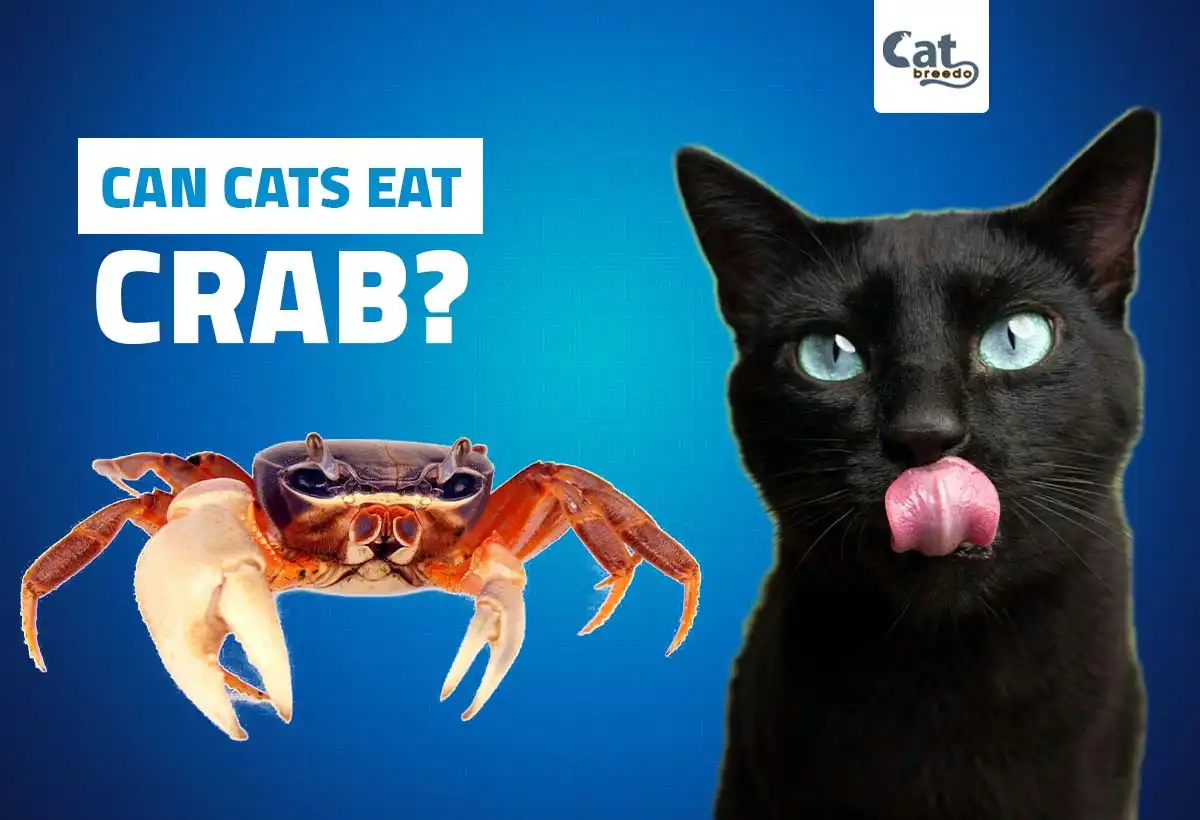
Leave a Reply